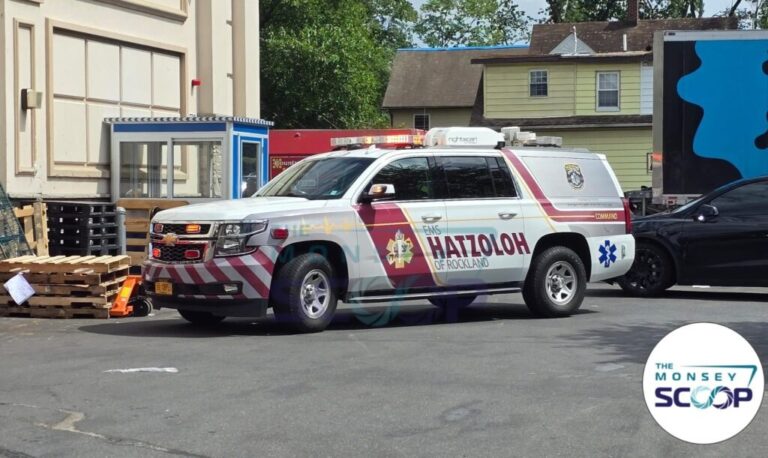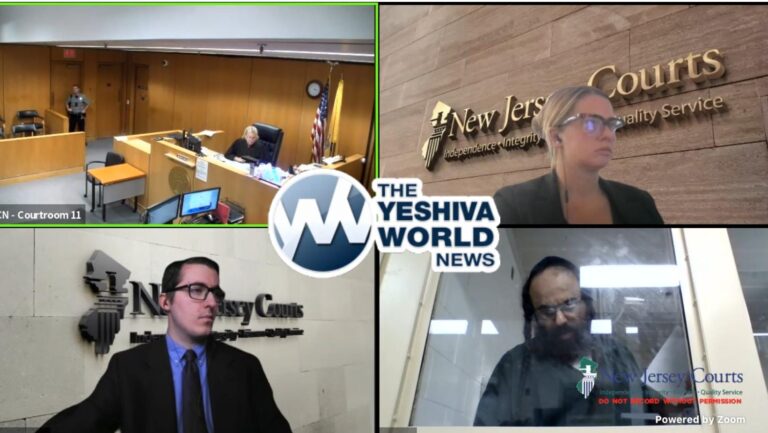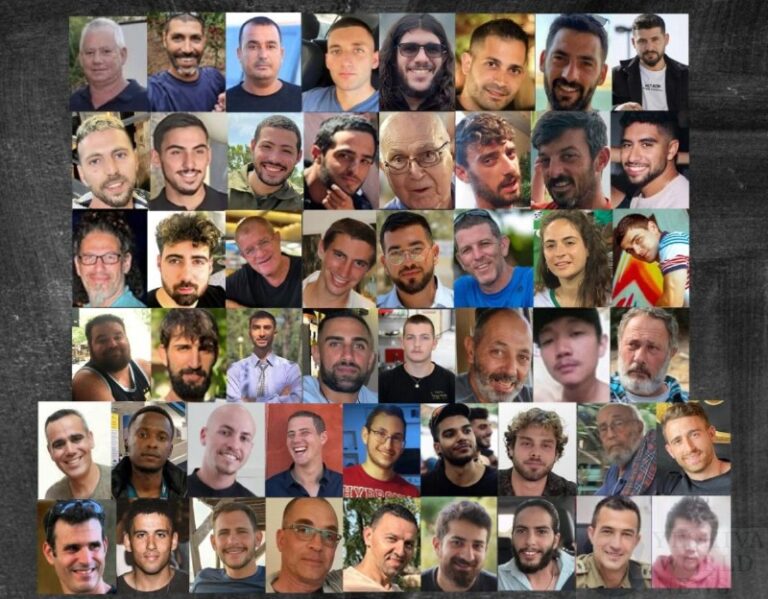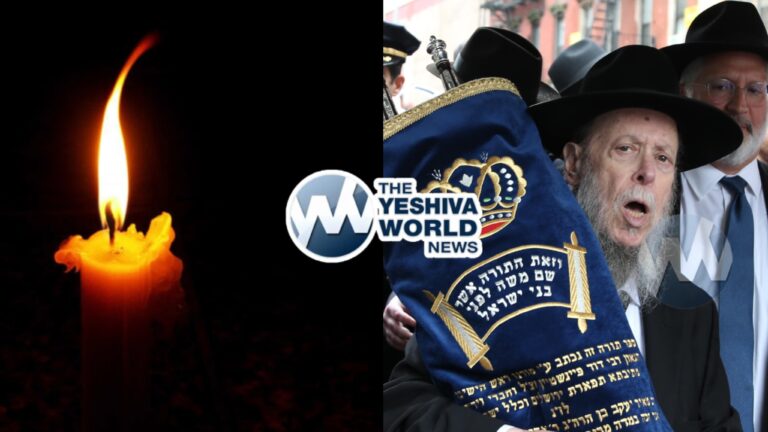 The Sullivan County Board of Elections concurred with contentions of a citizens’ group that more than 150 voter registrations from people who listed bungalow colony addresses in the Town of Bethel, are not valid, because they do not in any way meet the criteria for primary residency.
The Sullivan County Board of Elections concurred with contentions of a citizens’ group that more than 150 voter registrations from people who listed bungalow colony addresses in the Town of Bethel, are not valid, because they do not in any way meet the criteria for primary residency.
In a seven-page decision, commissioners Rodney Gaebel and Faith Kaplan said they reviewed each of the 155 challenges, separately, and concluded 151 of the challenges should be granted.
Four of the challenges were denied. “They were denied because they have businesses, and that’s a tie to the community,” said Kaplan.
The somewhat unique nature of Sullivan County’s summer bungalow community presented unique challenges.
Gaebel said no other county has had exactly the same experience, so they could not get clear direction from state election officials.
“So we needed to come up with a checklist to give the Sheriff’s department to use in actually visiting each of these locations, and where a decision was based on that, we, with the help from the county attorney’s office, had a questionnaire that we sent out to all of them and asked them to fill out and return.”
In their written decision, the commissioners noted that the Voters for Election Integrity case raised issues that have not been addressed by the courts in other cases. VEI argued that the bungalows in question are typically unheated structures, suitable for occupancy for only a few weeks out of the year, specifically not including the November general election. For that reason and others, the decision notes that “bungalows in Sullivan County are distinctly different structures than second homes”.
County Treasurer Ira Cohen, a former county attorney, said he joined in the VEI effort because of conviction.
“We were absolutely 100 percent certain from the get-go that we were right.”
Cohen said the issue goes beyond just protecting voter roll integrity. He urged municipal assessors to not allow tax exemptions for bungalow colonies.
Cohen concurred with the contention of VEI founder Dave Sager, a county legislator, that this is not about religion or ethnicity, but about laws. He had a pointed message to those who were the object of the challenge.
“If you really want to be a resident of Sullivan County, if you really want to pay your taxes, if you really want to be a voter in Sullivan County, and contribute and participate in the community, you have every right to do so and we welcome and invite you to do so. And we invite you to sit down and talk to us; not to continue these improper tactics to try to take advantage of us. We won’t tolerate it and the law won’t tolerate it.”
Cohen said that’s “an open invitation”. But, if you don’t take it, “we’ll see you in court.”











7 Responses
Why do these “voters” think that their 2 month plus maybe 6 shabbosim residence in their $80,000 bungalow home give them the right to be considered permanent residents? What happened to the $750,000 apartment in Williamsburg or $1,200,000 house in Boro Park? What about their kids attendance for 10 months in Brooklyn yeshivos? And their own businesses or jobs in Brooklyn or Manhattan? Come on now people. Chasidim in general have this attitude that the average American goy, especially governments of small municipalities, are stupid and you can walk all over them.
The issue is a little more subtle than #1 gives credit. Students who are almost never “home” often vote absentee from their parents address. Other people who travel a lot or have multiple homes for whatever reason, often vote from an address where they spend little time. Remember how Presidents and other elected official travel “home” to vote. We are often surprised to find out where they really live. Perhaps these bungalow residences are not permanent enough to qualify for a voter registration locale, as the article suggests. Another key point: A person generally must pick ONE location from which to vote. I hope the voters in question were not trying to register in two places. If they consider “upstate” their primary, they could mount a good argument provided they are not registered in NYC (or wherever they spend most of their time).
I think that #1 and #2 aren’t correct and probably don’t own property upstate.
If I own property-wherever it is-I have a right to say what I want about the area and elected officials.Is it one way that I pay taxes for the services and the officials but can’t say anything? I find that hypocritical!
Very nice fudge answer #2 but no, the issue here was not subtle at all. These were all clearly individuals with summer homes who had various reasons for registering there, including the ability to sway municipal rules.
#3
You are wrong. Every locality has residency rules. Typically your permanent residence is where you spend MOST of your time. in some cases residenc7y is 6 month plus one day each year.
No matter how much property you own and how scattered it is, you only get one vote – at your place of residence.
The truth is that almost everyone who is at a bungalow colony is just a seasonal renter. To be true resident you would have to live there more than the 8-10 weeks of the summer. Those who own their homes or even a bungalow could have some chance a being a legitimate resident but would have to register to vote in only one place. The registraion attempts by these folks was flawed from the get go. If you want to have a say in Sullivan County politics that’s just fine…move up there!
I don’t thin the article said anything about homes. The article mentions “unheated bungalows”. Whether owned or rented, how can you legitimately claim it as a primary residence, it is unsuitable to living in the county most of the year. Perhaps the owner of the colony qualifies, as a local business owner.